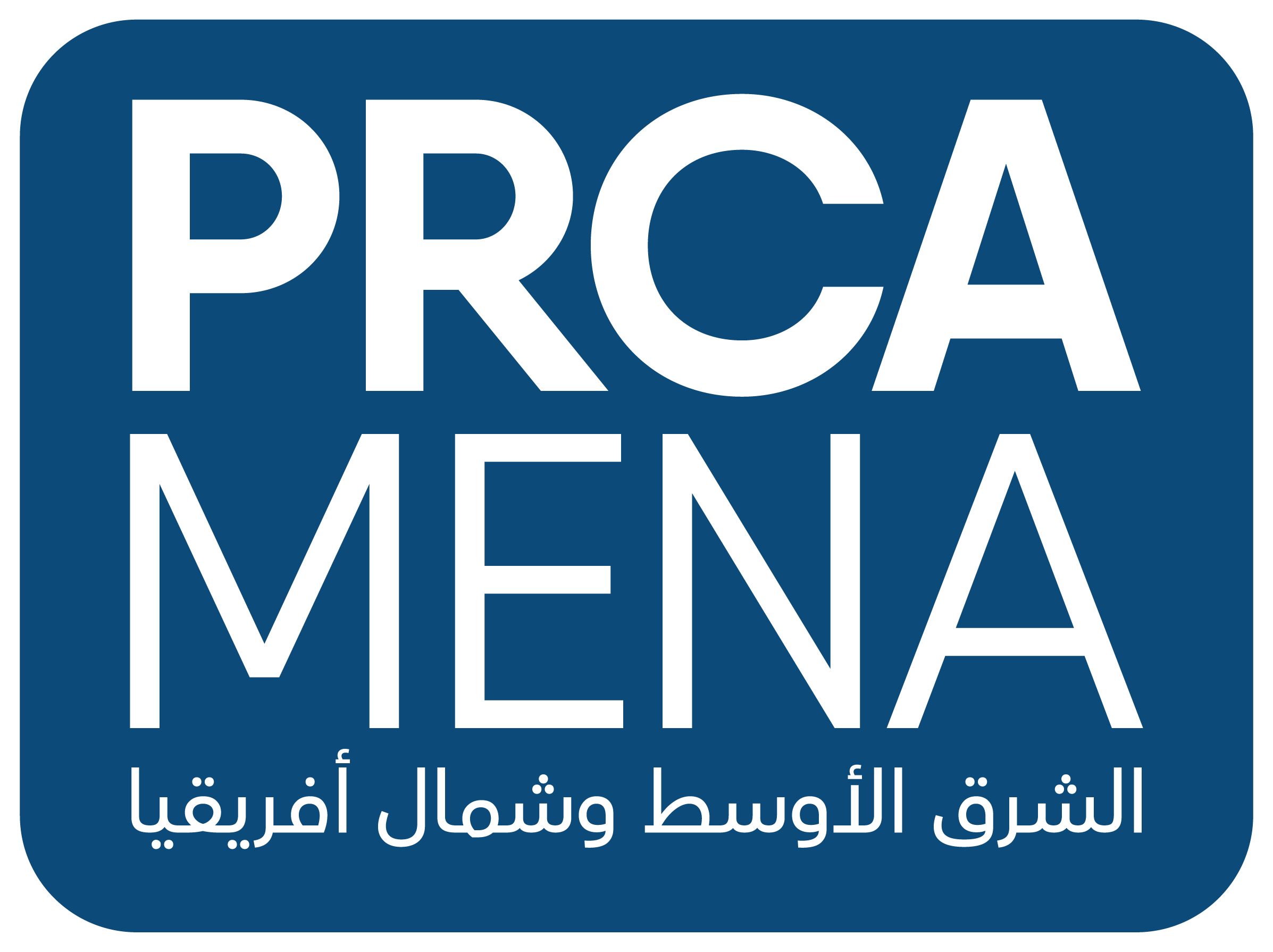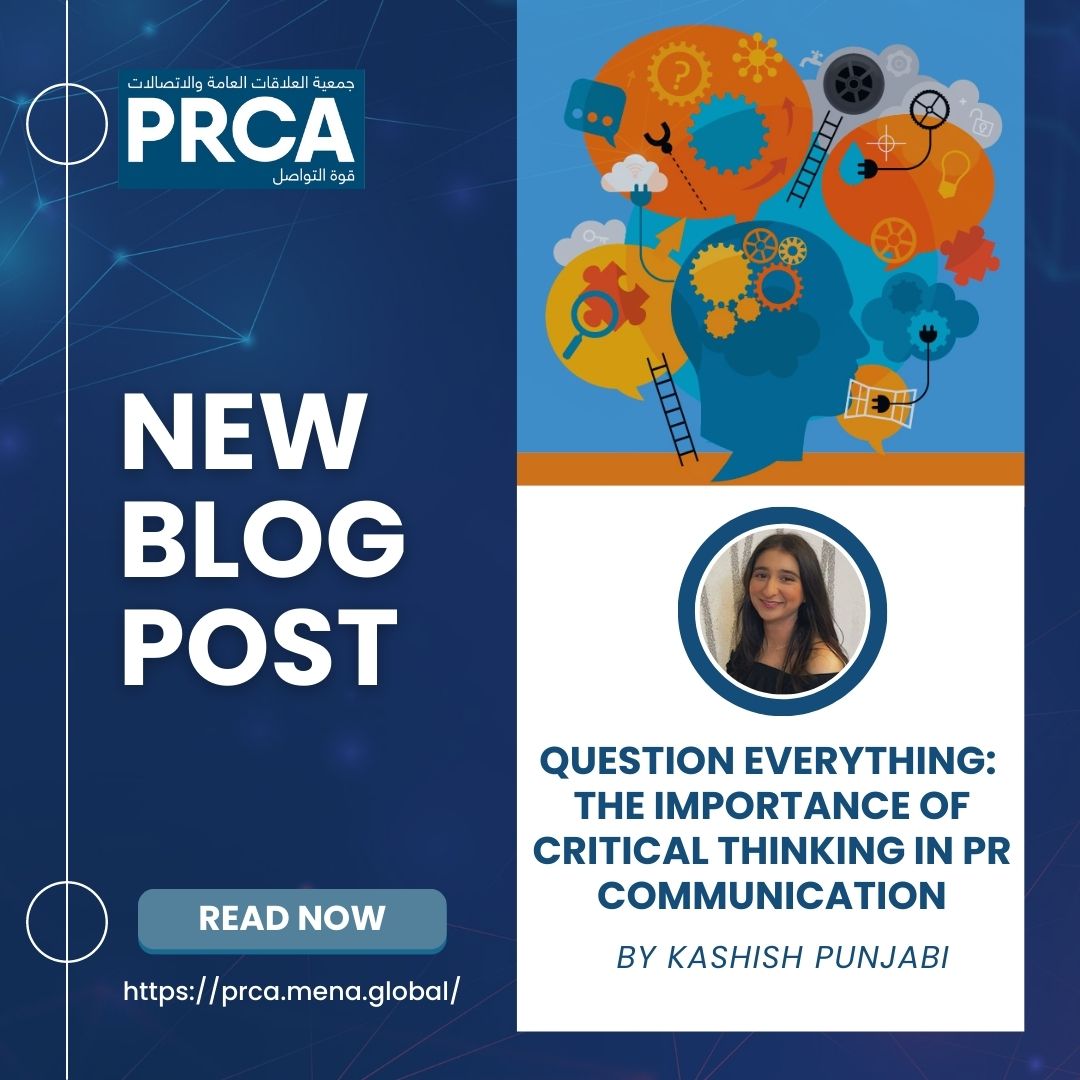Question Everything: The Importance of Critical Thinking in PR Communication
Did you know that one of the most searched skills in today’s business world is critical thinking?
Critical thinking is undoubtedly crucial in any industry, but particularly in Public Relations, where clients depend on professionals to be their trusted advisors and aid in creating communication strategies. There is no room for operating on autopilot. However, although critical thinking is an essential skill needed to enter the PR world, it is one of those concepts, similar to how diversity once was, or like big data is now, where everyone talks about it but there are numerous ways to describe it. Therefore, today, let’s explore what exactly critical thinking is and why is it important in the PR world through some examples.
Critical thinking is a concept that appears frequently in academic literature and yet it is rarely defined clearly. Communication scholars, Warnick and Inch, define critical thinking as the capacity to investigate a problem, inquiry, or circumstance; incorporate all the accessible data concerning it; reach a conclusion or hypothesis; and justify one’s position.
Too much to process isn’t it? Here is what they mean.
Critical thinking refers to the process of forming reasonable judgments that are logical and well-thought out. It involves a mode of thinking where one does not readily accept all claims and outcomes presented, but instead maintains an attitude of inquiry and scrutiny towards them.
People who use critical thinking are the ones who ask questions like:
- How do you know that?
- Does this conclusion rely on factual evidence or intuition?
It entails a willingness to examine the evidence that underpins a specific argument or conclusion. But why is this type of thinking important in PR?
Well, it builds confidence in communication because it is far easier to communicate when you are prepared with facts, arguments, perspectives, and possible solutions. In Public Relations, communicating is one thing but communicating in a way that delivers maximum impact is another.
Here is an example of how this can be applied in PR. Let’s consider that you are a PR professional.
You may be given the task of creating a media list for an upcoming announcement. Your first instinct might be to refer to your existing list of friendly journalists who have previously covered your company, without giving much thought to the overall strategy. However, using critical thinking in this task requires you to take a deeper approach by asking questions such as why the announcement is important to your client, who the target audience is, which publications they follow, and whether this announcement represents a new direction for your client’s business. Therefore, this way critical thinking elevates the task from a simple compilation of a media list to a more strategic exercise in understanding your client’s business and the competitive landscape.
Okay, let’s keep it going with another example. Guess what? You are still a PR professional, and you have got a great idea for a proactive media pitch.
You draft it up and feel tempted to send it off to target reporters without much consideration. However, instead of rushing to hit the send button, critical thinking demands that you ask questions to ensure that your pitch is truly compelling. For instance, you might consider asking yourself whether your story angle is truly unique, if industry analysts have anything to say on the topic, and if there are any quotes, studies, or statistics that can back up your point. It also demands to consider what the reporter you are targeting has written about recently and why your pitch is relevant to them specifically, not just to the outlet they work for. This way, you can turn your pitch from a quick email into a well-researched, creative and thoughtful story idea that is backed up by relevant data and statistics.
In conclusion, critical thinking is having an attitude that involves questioning and this skill is important to communicate with maximum impact in PR. Joseph Joubert, a French moralist, once said, “It is better to debate a question without settling it than to settle a question without debating it.”
-Kashish Punjabi
Communications Intern at PRCA MENA




